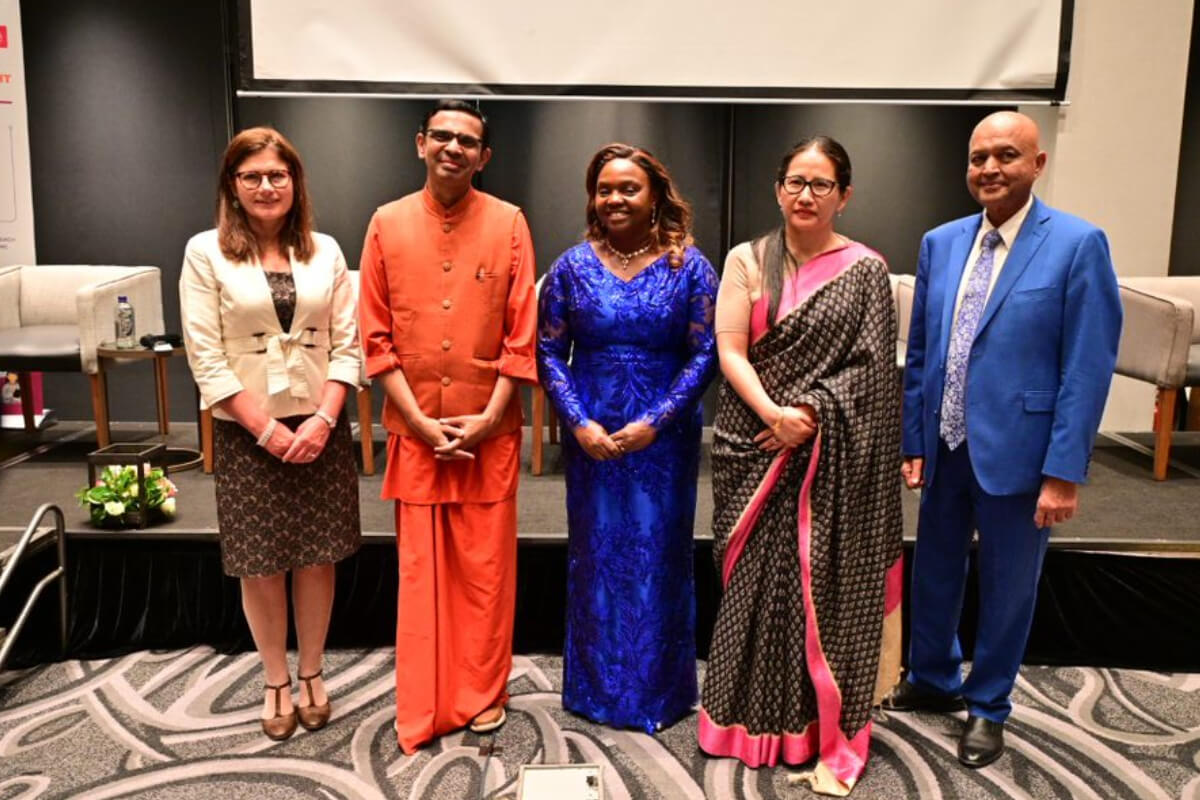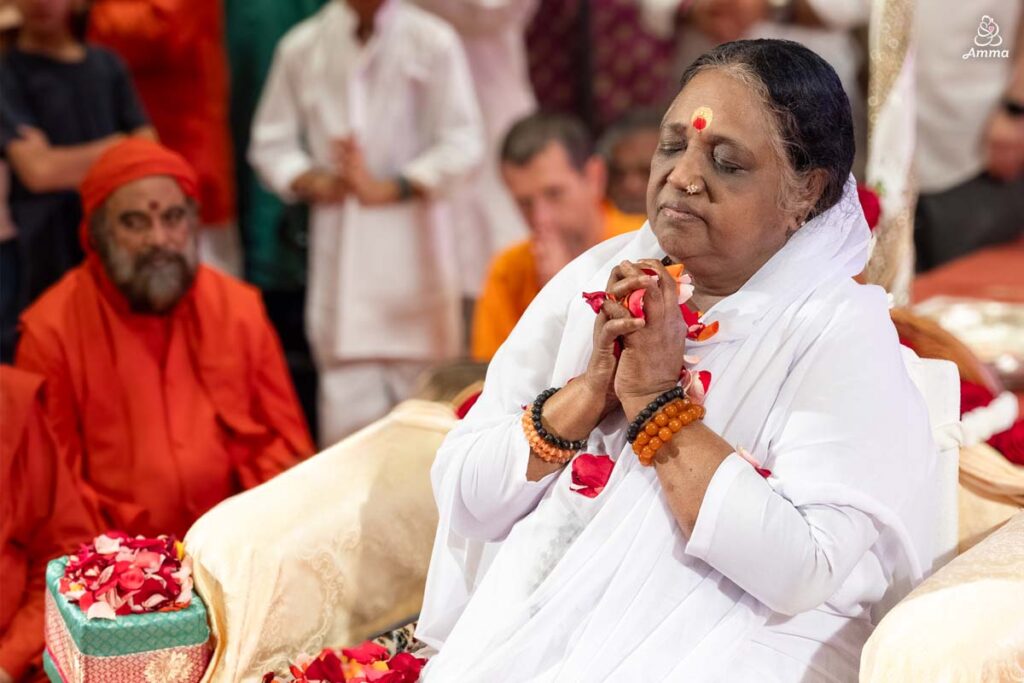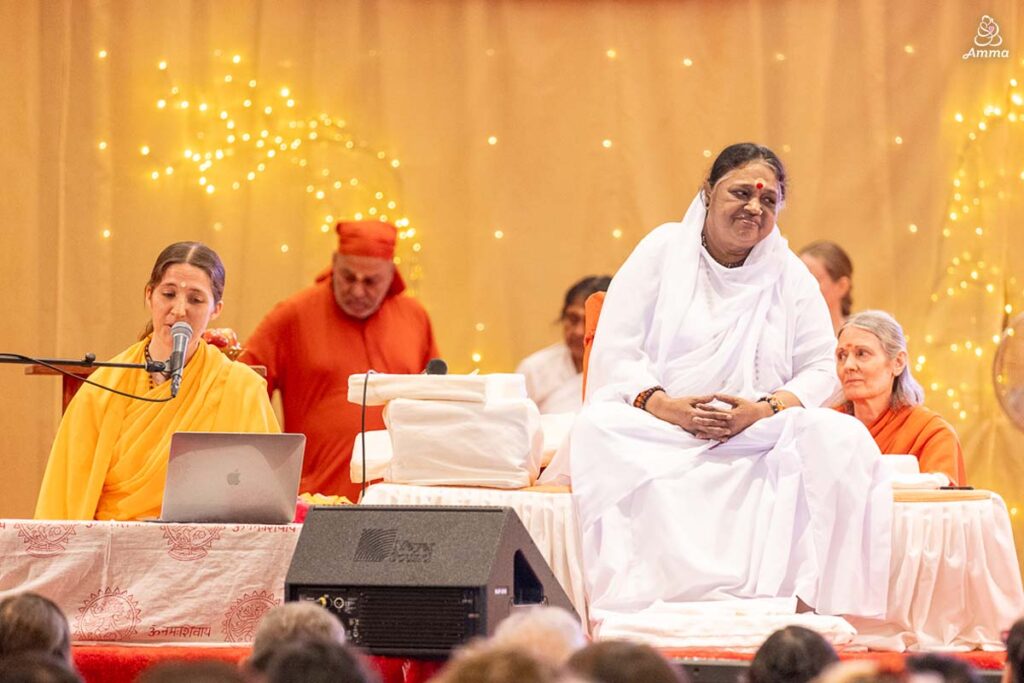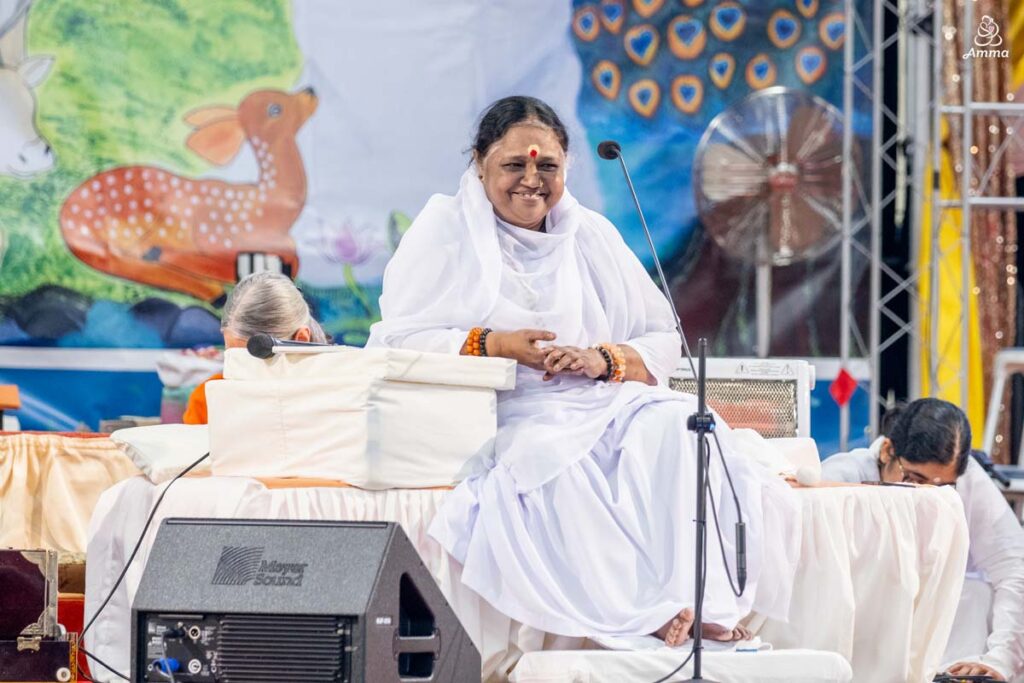As the continent with the highest percentage of women entrepreneurs in the world, society needs to learn to see African women as fighters, rather than with a victim’s mindset. They must be equipped by enhancing their financial, digital, and legal literacy.
A Civil 20 gathering in Nairobi, Kenya brought together esteemed guests and panelists to discuss crucial issues related to women’s economic empowerment in Africa and the necessary steps to translate intentions into concrete actions.
Discussions addressed gender-based violence, women’s leadership in policy implementation, inclusive economic empowerment initiatives, the role of civil societies in promoting education, the integration of women’s empowerment with green and blue economies, and the challenge of gender biases and stereotypes.
Titled “From Intention to Action: Women Leading the Way for Policy Implementation”, the Mata Amritanandamayi Math Charitable Trust Kenya hosted the event with the C20 Gender Equality Working Group. It was attended by 104 people from India, Kenya and USA, and live-streamed for global audiences.
The event started with a message from Amma as C20 Chair. She said, “Empower women and children from marginalised groups, holding their hands as they move ahead. Do not let their hidden abilities go to waste. This in turn will benefit them and their societies.”




Dr. Bhavani Rao, coordinator of the Gender Equality Working Group, shared a video message in which she described Amma’s commitment to serve women, even from the early days of the Mata Amritanandamayi Math’s humanitarian initiatives.
Most recently, Amma has launched a $6 million+ project in developing countries to support pregnant women who are malnourished and people with disabilities. Embracing the World, Europe, has also donated €115,000 ($127,000) to support ‘Safe Spaces for Women and Children’, a UN Women project for people affected by the war in different parts of Ukraine.
HE Pastor Dorcas Rigathi is the Spouse of the Deputy President of the Republic of Kenya. As the keynote speaker, she emphasised the importance of an inclusive conversation on gender equality and women’s empowerment. She said, “You cannot empower one gender and have a balanced society you must bring everyone along. Empowered women bring about empowered families.”
Swami Shubamritananda Puri, C20 International Coordinator, brought to light the fact that Africa is the continent with the highest percentage of women entrepreneurs in the world. At 25%, it beats the global average of 17%. He stressed that the world has to learn to see African women as fighters, rather than with a victim’s mindset.
He said that when we are talking about economic empowerment, this goal can only be achieved when women and men tread the path of action guided by right intentions, hand-in-hand. We need to equip women by enhancing their financial, digital, and legal literacy, and the training should start from schools.
Hon. Namgya Khampa, the Indian High Commissioner to Kenya, also addressed the gathering. She cited that Chandrayaan 2, India’s second lunar mission, was led by women scientists and is among many examples of women helming pivotal roles in the country’s progress.
“The principle of gender equality is enshrined in the constitution of India, and empowering women is a focus of the Indian G20 Presidency. We would like to nudge the conversation about women’s development to women-led development,” she said.




Ms. Henriette Geiger, Ambassador of the European Union to Kenya, expressed that gender equality is still an issue even for the most advanced nations in Europe. As the EU grapples with gender pay gaps, the importance of the Gender Action Plan by the European Commission has brought in a lot of structural accountability and is compelling organisations to make gender equality a key focus area instead of just a checkbox exercise.
A panel discussion then began with distinguished women who are leading initiatives for gender equality in Kenya. Their key points included:
Dr Asha Mohammed, Outgoing Secretary General of Red Cross, Kenya – The need for comprehensive integrated services is critical for women’s economic participation. We need to go to the women at the ground level to really know which interventions need to be scaled.
Ms. Faiza Jama Mohamed, Africa Regional Director, Equality Now – We need effective strategies to combat gender-based violence, advocating for strong laws and policies to protect women and deter violence. We must also focus on girls’ education, the need to stop child marriages and bring an end to female genital mutilation.
Dr Winnie Mitullah, Professor and UNESCO UNITWIN Chair, Institute for Development Studies, University of Nairobi – There is a need for women to scale up their enterprises and move into the formal economy, for which resources and access to resources needs to be enhanced. Re-engineering social protection is required so that more women can be a part of it. We must also remember that women are the natural safe-keepers of the environment.
Ms. Zaynah Khanbhai, Co-Founder of Merging Mundos and Founder and President of Espartanos Africa – All of us need to challenge our own biases and focus on individual action instead of being passive spectators and consumers of dismal statistics. We can use the constitution as a means to teach English in schools and promote legal awareness of rights of women and girls. The government can incentivize companies to support women-owned enterprises as a means to achieve inclusion and advance economic empowerment.
Ms. Martha Muhwezi, Executive Director of the Forum for African Women Educationalists – There is a vital role of education in empowering girls. We also need comprehensive, integrated services and interventions to address gender-based violence and ensure girls’ access to education programs.
Overall, there was a general consensus on making schools the starting point for ushering in gender equality, and urging lawmakers to re-examine sexist penal codes.









